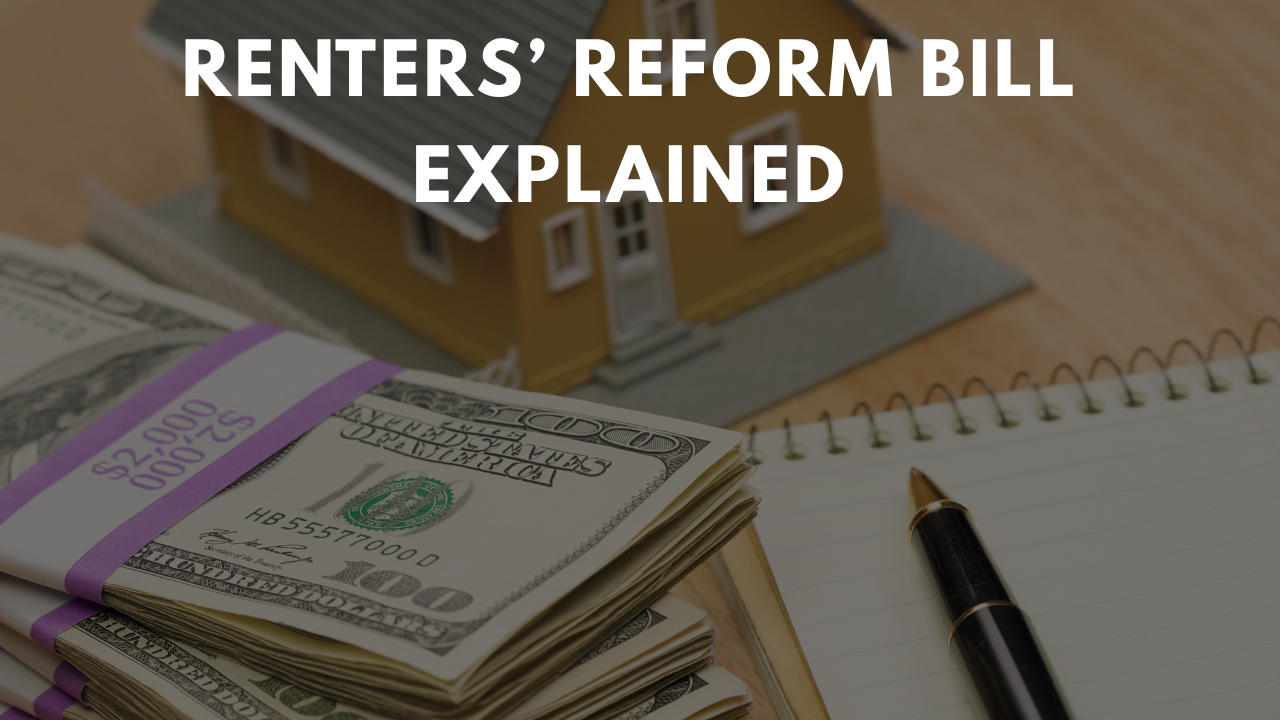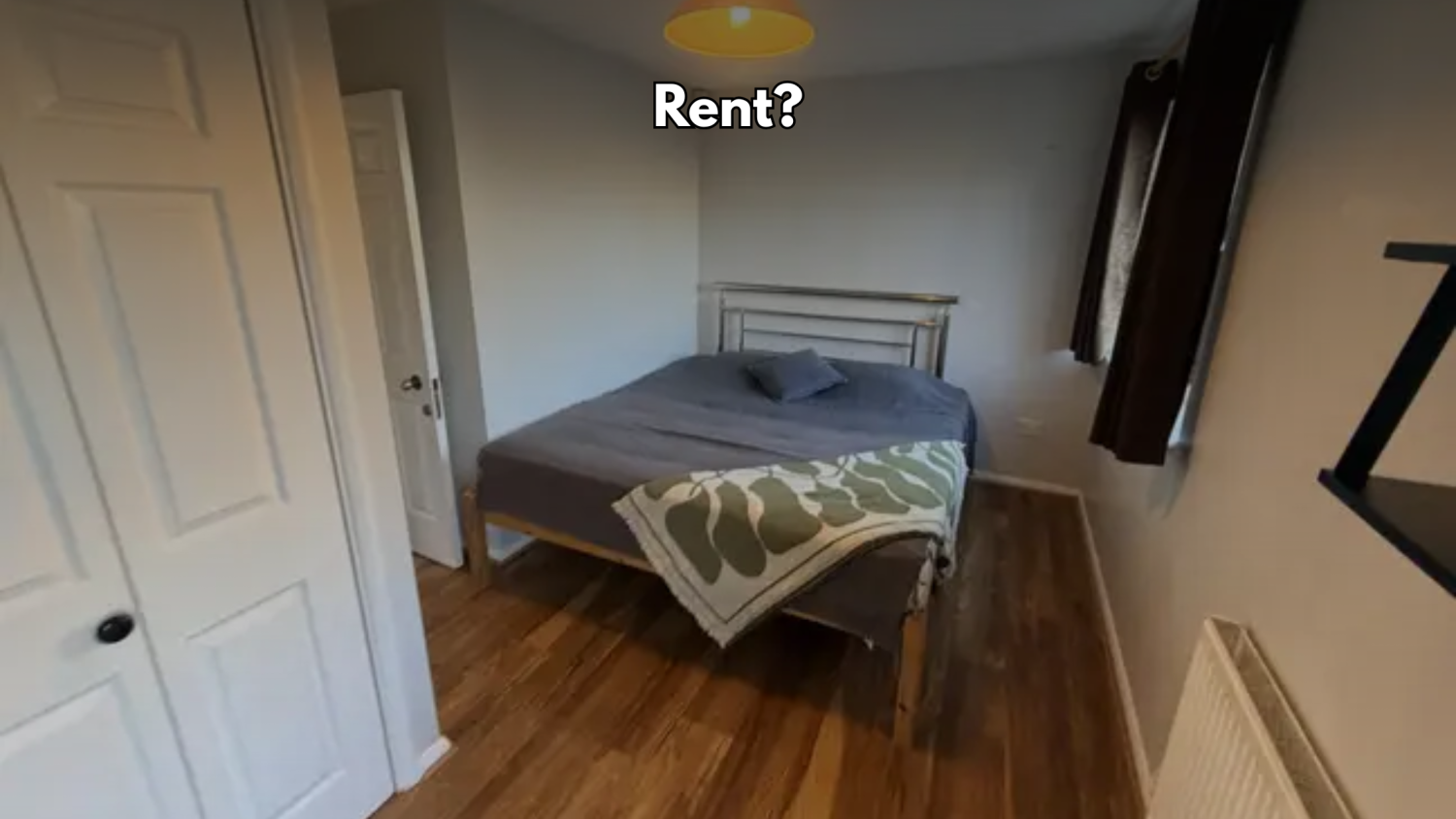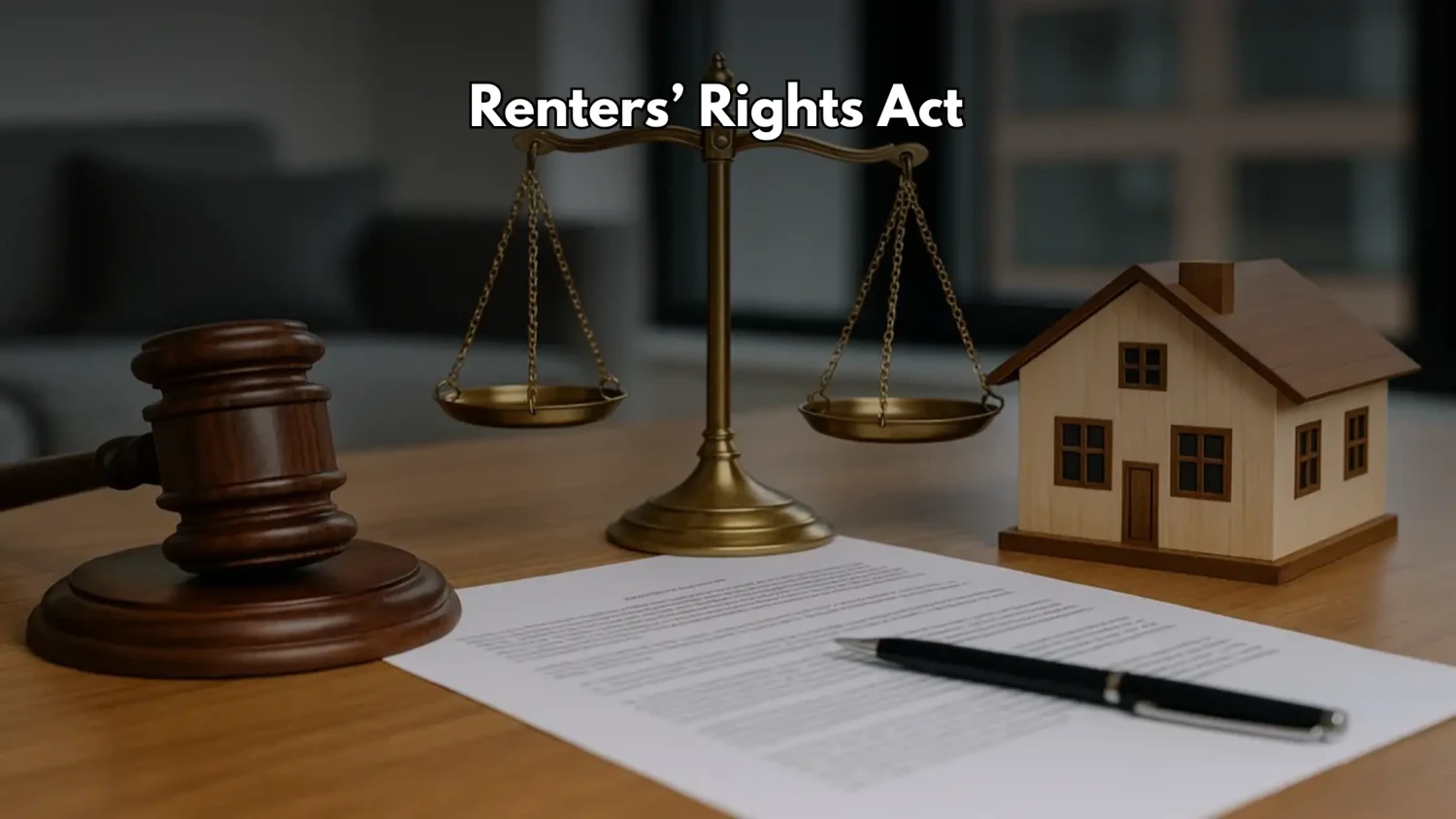
The Renters’ Reform Bill, having been renamed Renters’ Rights Bill under the Labour Government, stands to be one of the most significant changes in several decades in the UK private rented sector (PRS). The Bill aims at ensuring a fairer balance between landlords and tenants and thus poses greater protection to renters while allowing the good landlords to continue doing business with confidence.
In this article, we discuss the key changes in the Renters’ Reform Bill, what they mean for landlords and tenants in the UK, and how the new rules may change the future of renting.
1. Abolishing Section 21 “No-Fault” Evictions
Among the most highly debated reforms is the abolition of Section 21 evictions. Landlords currently enjoy the privilege of evicting tenants without just cause. This practice, colloquially termed "no-fault eviction," has engendered insecurity and vulnerability in many tenants.
According to the new Renters' Rights Bill, Section 21 will be withdrawn, and in its place:
- All tenancies will change into periodic tenancy agreements providing much greater protection against eviction.
- Landlords will still be able to evict on just causes such as selling the property or moving in themselves.
- The tenants will be protected from any such grounds for eviction within the first 12 months of the tenancy.
The end goal of this change would be to give renters peace while maintaining the landlords' rights to recover their own land.
2. Introducing the Decent Homes Standard in the Private Rented Sector
DHS has since a long time been applied to social housing. The Bill is now extending the application of the DHS to the private rented sector requiring that landlords maintain homes that are safe to live in and are habitable and free from serious hazards.
Landlords must guarantee
The remedies for dangerous damp, mould, and structural issues.
A standard level of repair and maintenance for the dwelling.
Health or safety hazards are removed immediately.
Civil penalties up to £7,000 might be imposed in case of non-compliance; repeated or serious breaches can attract criminal prosecution. This reform acts as a landlord on property conditions in the wider rental market.
3. Rent Increases and Ban on Bidding Wars
The Bill clarifies rules on rent increments within the UK rental market:
- Rent increases can only happen once within a year.
- Rent increases can only reflect the Local Market Rent for the property.
- The damaging practice of bidding wars—where tenants compete with each other to pay rents higher than the asking price, will be outlawed.
The bill is meant to neutralize unfair rent hikes and stop tenants from being priced out of their houses; hence, what the landlord would appreciate by way of rent is laid down clearly.
4. Extending Awaab’s Law to Private Rentals
Following Awaab Ishak's tragic death in a circumstance involving mould growth in a social housing, Awaab's Law came first into existence to enforce quicker repairs. This law, however, in its latest extension through the Renters' Rights Bill, will place private landlords under clear time limits within which they must eliminate hazards to health from damp or mould.
Tenants will be given a right to use courts or the PRS Ombudsman to challenge landlords who fail to act.
5. Tackling Discrimination in the Rental Market
The Bill will outlaw any arbitrary blanket bans placed by landlords on renting:
- To those with children
- To those in receipt of housing benefit
This would make the rental process fairer and stop vulnerable groups from being excluded from housing opportunities.
6. Private Rented Sector Database
Set to imitate the new PRS database, where:
- Landlords shall register the properties.
- Tenants shall run checks for a landlord working according to regulations.
- Local councils shall utilize this system for better enforcement of standards.
The rental market shall, thus, become transparent and accountable throughout England.
7. Right to Request a Pet in Rented Homes
By virtue of the laws under the Renters' Rights Bill, tenants will be given the right by law to request to be permitted to keep a pet in their home. Landlords would no longer be able to unreasonably refuse such requests, though they may still require the tenant to take out pet damage insurance.
It is a balance that leans a bit toward tenants' lifestyle needs on one side and a landlord's security concern over being compensated for damage to his property on the other.
8. Strengthening Local Council Powers
These powers are conferred upon local authorities:
- Issuance of civil penalties of up to £40,000 for serious or repeat offences.
- Investigatory powers that allow access financial records and inspect rental properties.
- Authority to prosecute rogue landlords and tackle illegal evictions.
Landlords who ignore the law face harsher consequences because of this.
9. The New Private Rented Sector Ombudsman
The Bill seeks to create a PRS Landlord Ombudsman, offering the tenant free, fair, and binding dispute resolution services without the tenant being made to wait for lengthy court action.
This Ombudsman shall:
- Help bring to a conclusion problems that arise from landlording.
- Make sure landlords follow the law.
- Easing court burdens while giving the renter a louder voice.
What This Means for Tenants and Landlords
The Renters’ Rights Bill promises to do the following for the UK tenants:
- Security of tenure.
- Protection from being unfairly evicted.
- Safe and healthy homes with quick repairs.
- Fair treatment in the rental market.
Addressed to the landlords, it means:
- More Regulating and Enforcement
- More stringent regulations concerning general accommodation standards
- Clearer framework for rent increases and grounds for possession.
- Support for those responsible landlords who already provide good housing.
Conclusion
After explaining the Renters’ Reform Bill, one realizes how much the British rental market is poised to change. While tenants will be given stronger rights and protections, on the other hand, landlords will be given set rules which encourage good practice and discourage exploitation.
The Bill is still progressing through Parliament, so the details of the Bill may change; but it is stated that the rental laws of the country are now entering a new era. So, the time has come for either landlords or tenants to understand the rights and responsibilities under the Renters’ Rights Bill, now labeled the Renters’ Rights Bill.









